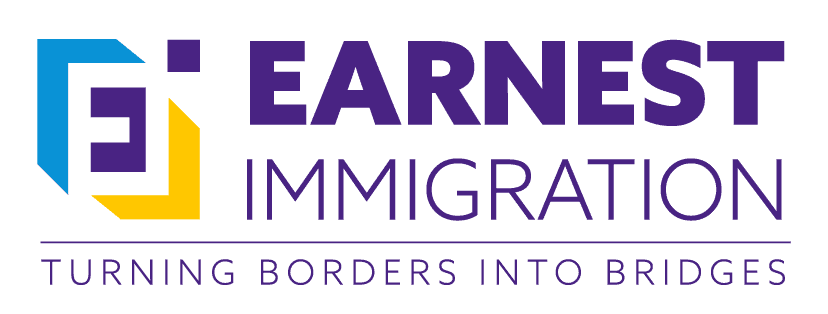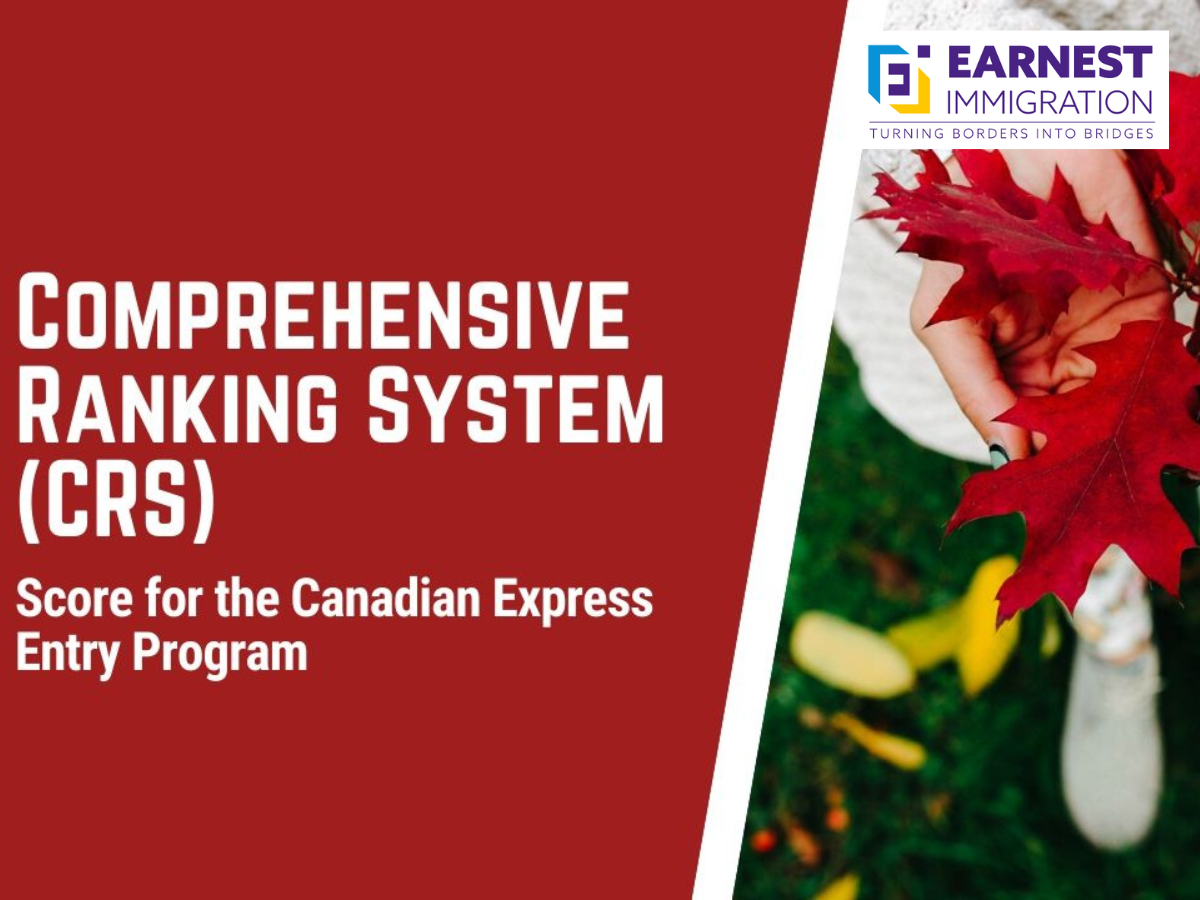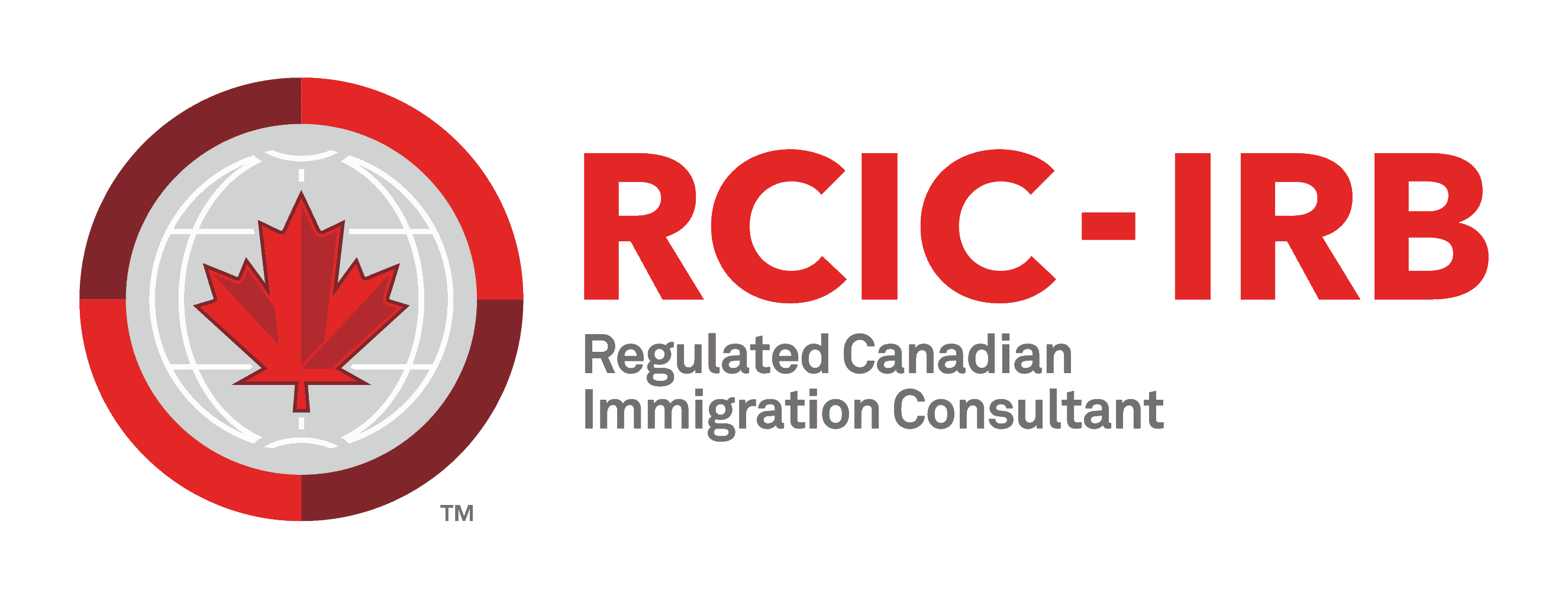As you explore the Comprehensive Ranking System (CRS) in 2025, you’ll discover how it plays a crucial role in Canada’s immigration process. This system evaluates candidates based on various factors like age, education, and work experience, with an increasing emphasis on skills that meet the country’s labor market needs. Understanding these components is key to maximizing your CRS score and enhancing your chances of receiving an Invitation to Apply for permanent residency. What strategies can you implement to improve your standing in this competitive landscape?
Table of Contents
ToggleOverview of the CRS
The Comprehensive Ranking System (CRS) is a crucial tool used by the Canadian government to assess and rank candidates who apply for immigration through the Express Entry system.
It’s designed to streamline the immigration process by selecting individuals who are likely to contribute positively to Canada’s economy and society.
When you submit your profile, the CRS assigns you a score based on various factors like age, education, work experience, and language proficiency. This score determines your ranking among other candidates in the pool. Higher scores increase your chances of receiving an Invitation to Apply (ITA) for permanent residency.
You should know that the CRS is dynamic; scores fluctuate as new candidates enter the pool and as the government updates its policies. Staying informed about changes can help you strategize effectively, whether that means enhancing your skills or improving your language scores.
Ultimately, understanding the CRS is essential to navigate the Express Entry system successfully. By knowing how it works and what factors influence your score, you can better position yourself for a successful application and increase your chances of starting a new life in Canada.
Key Components of the CRS
Understanding the key components of the Comprehensive Ranking System (CRS) is vital for anyone looking to enhance their immigration prospects. The CRS assigns points based on several factors, each contributing to your overall score.
First, your age plays a role, with younger applicants often receiving higher points. Next, education is crucial; higher degrees yield more points. Your language proficiency in English and/or French is another significant factor. Scoring well on language tests like IELTS or CELPIP can substantially boost your score.
Work experience is also evaluated, with points awarded for both Canadian and foreign experience. The type of job and its skill level, as per the National Occupational Classification (NOC), can affect your score as well.
Aligning work experience with in-demand National Occupational Classification (NOC) categories is crucial for several reasons:
- Higher Points Allocation: In many immigration and employment assessment systems, work experience in in-demand NOC categories often receives higher points. This can significantly improve the overall score in programs like Express Entry in Canada.
- Job Market Demand: Jobs classified under in-demand NOC categories are typically those that employers are actively seeking to fill. Having experience in these areas can enhance your employability and increase the chances of securing a job offer.
- Skill Recognition: Experience in high-demand occupations aligns your skills with the needs of the labor market. This recognition can facilitate smoother transitions into new roles and industries, making you a more competitive candidate.
- Long-term Career Growth: Working in sectors that are consistently in demand can provide better job stability and opportunities for advancement, contributing positively to your long-term career trajectory.
- Improved Immigration Prospects: For individuals looking to immigrate, work experience in targeted NOC categories can lead to faster processing times and a higher likelihood of approval for immigration applications.
Moreover, having a valid job offer from a Canadian employer or a provincial nomination can give you a considerable advantage, adding extra points to your total.
Lastly, adaptability factors, such as having a spouse or common-law partner with certain qualifications, can enhance your score.
Changes in CRS for 2025
As Canada prepares for changes to the Comprehensive Ranking System (CRS) in 2025, it’s essential to stay informed about how these adjustments might impact your immigration journey.
The updates aim to streamline the process and make it more responsive to Canada’s labor market needs.
One significant change is the introduction of new categories that prioritize candidates with skills in high-demand occupations. This means if you possess qualifications in these fields, your chances of receiving an Invitation to Apply (ITA) could increase.
Additionally, there’s a focus on enhancing language proficiency scores, encouraging applicants to demonstrate stronger communication skills in English or French.
Another notable shift involves more recognition of Canadian work experience, which could benefit those already in the country.
The revamped system may also include adjustments to age factors, potentially offering more competitive scores to younger applicants.
Factors Influencing CRS Scores
Numerous factors influence your Comprehensive Ranking System (CRS) score, shaping your chances of receiving an Invitation to Apply (ITA). One major factor is your age. Candidates aged between 20 and 29 typically receive the highest points.
Education also plays a crucial role; the higher your degree, the better your score. If you’ve completed a Canadian educational credential, you’ll gain additional points.
Language proficiency is another key element. Strong scores in English or French can significantly boost your CRS score. This isn’t just about passing the test; achieving high benchmarks in reading, writing, listening, and speaking can make a noticeable difference.
Work experience matters too—both inside and outside Canada. More years of skilled work experience translate into higher points. If you have a valid job offer from a Canadian employer or a provincial nomination, that can provide substantial additional points.
Lastly, your spouse or partner’s skills can also influence your score if applicable. Each of these factors combines to create your overall CRS score, impacting your prospects of getting that all-important ITA.
Understanding these elements will help you assess your position in the immigration process.
Tips to Improve Your CRS Score
Improving your CRS score can significantly enhance your chances of receiving an Invitation to Apply (ITA). Here are some effective tips to boost your score.
First, consider upgrading your language skills. Achieving higher scores in IELTS or CELPIP can make a big difference. Focus on improving your reading, writing, speaking, and listening abilities.
Next, enhance your educational qualifications. If possible, pursue additional degrees or certifications that align with your field. This not only raises your points but also shows your commitment to your profession.
You should also gain relevant work experience. More years in a skilled occupation can increase your score. If you’re currently working in a job that isn’t classified as skilled, consider transitioning to a role that aligns better with Canada’s National Occupational Classification (NOC) system.
Lastly, don’t underestimate the power of a provincial nomination. If you receive one, it can add 600 points to your CRS score, virtually guaranteeing an ITA.
Conclusion
In conclusion, understanding the Comprehensive Ranking System (CRS) is crucial for anyone looking to immigrate to Canada in 2025. By focusing on key components like age, education, and language skills, you can boost your CRS score and enhance your chances of receiving an Invitation to Apply for permanent residency. Remember, upgrading your qualifications and gaining Canadian work experience can make a significant difference. Take proactive steps today to secure your future in Canada!








